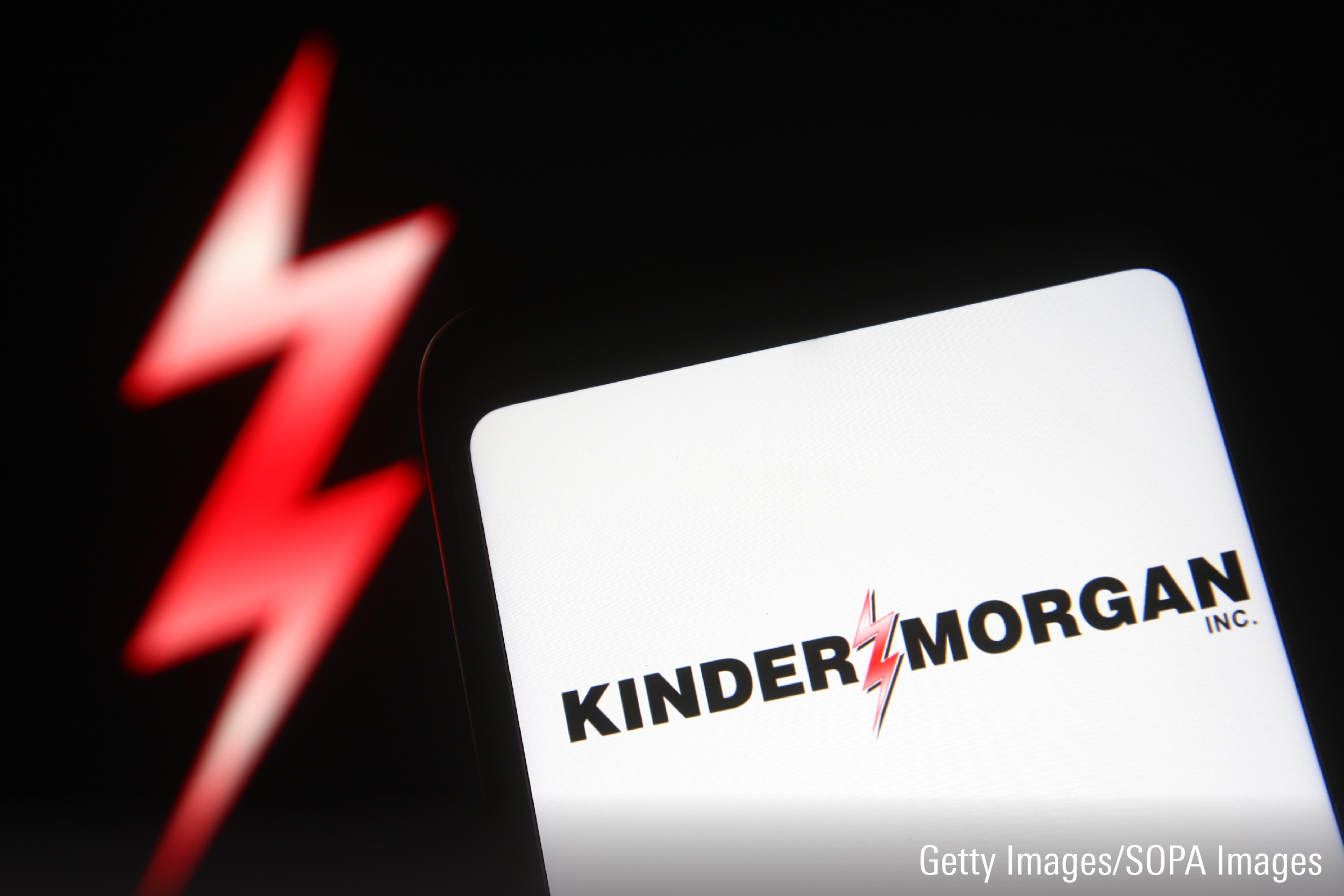Kinder Morgan Earnings: 2023 Forecast Trimmed Due to Lower Oil and Gas Prices
Results solid enough to maintain $17.50 fair value estimate for Kinder Morgan stock.

Kinder Morgan Stock at a Glance
- Fair Value Estimate: $17.50
- Morningstar Rating: 3 stars
- Morningstar Uncertainty Rating: Medium
- Morningstar Economic Moat Rating: Narrow
Kinder Morgan Earnings Update
Kinder Morgan’s KMI second-quarter results were solid, in our view. The firm flagged that it may fall slightly short of its 2023 forecast of $7.7 billion (which matches our current forecast) due to lower oil and gas prices. However, we don’t consider the difference material enough to adjust our $17.50 fair value estimate or our narrow moat rating.
The shortfall is likely most pronounced in U.S. gas prices, where Kinder Morgan assumed $5.50 per million cubic feet for 2023, whereas recent prices were around $2.50. Realized natural gas liquid pricing for Kinder is also down 25% year over year.
Despite the price weakness, we think the underlying business is doing well. Natural gas transport volumes were up 5% year over year primarily due to favorable rates on re-contracting the Midcontinent Express, which was helped by demand for liquefied natural gas, or LNG, as well as El Paso natural gas returning a pipeline to service. Natural gas gathering volumes were up 19% over the same time frame, with the Haynesville, Bakken, and Eagle Ford regions leading the way.
Considering a longer-term view, the gas business is growing increasingly valuable as it becomes more challenging to build long-haul interstate capacity. Pipeline utilization, despite adding new capacity of several key pipelines such as the Tennessee Gas Pipeline, has increased to 97% in 2022 from 86% in 2015, while the El Paso Natural Gas Pipeline has increased to 86% from 67% over the same time frame.
Gas storage is benefiting not only from serving LNG demand (which can be variable on a daily or nearly daily basis due to weather, maintenance, or cargo cancellations) but also from serving as the battery backstop for renewables. Storage rates still have room to increase, as they are materially below the cost rates for greenfield capacity. Texas intrastate contracts have increased to nearly six years in length in 2022 from three and a half years in 2015, as buyers want to lock in capacity in a more constrained market.
The author or authors do not own shares in any securities mentioned in this article. Find out about Morningstar’s editorial policies.

/s3.amazonaws.com/arc-authors/morningstar/efa3b691-314a-4c23-8933-a09951d6793b.jpg)
/cloudfront-us-east-1.images.arcpublishing.com/morningstar/LE5DFBLC5VACTMC7JWTRIYVU5M.jpg)
/cloudfront-us-east-1.images.arcpublishing.com/morningstar/PJQ2TFVCOFACVODYK7FJ2Q3J2U.png)
/cloudfront-us-east-1.images.arcpublishing.com/morningstar/KPHQX3TJC5FC7OEC653JZXLIVY.jpg)
:quality(80)/s3.amazonaws.com/arc-authors/morningstar/efa3b691-314a-4c23-8933-a09951d6793b.jpg)